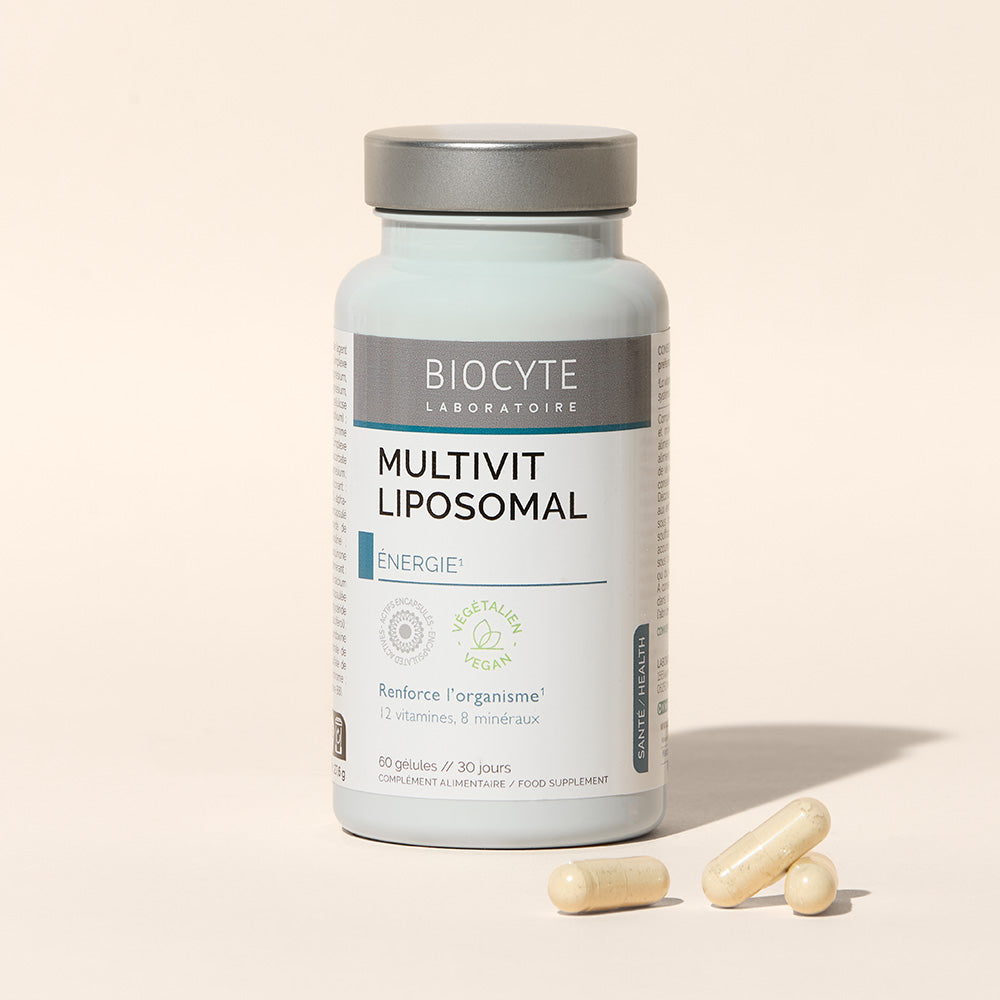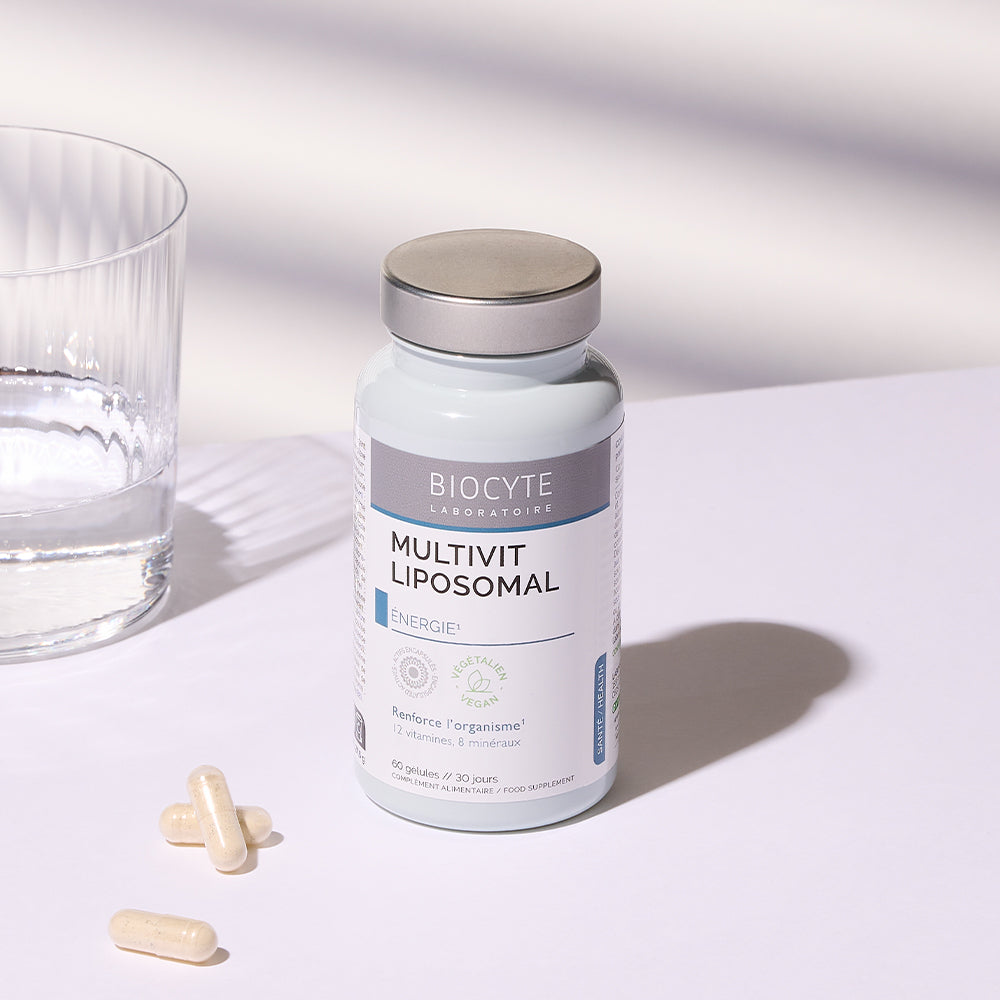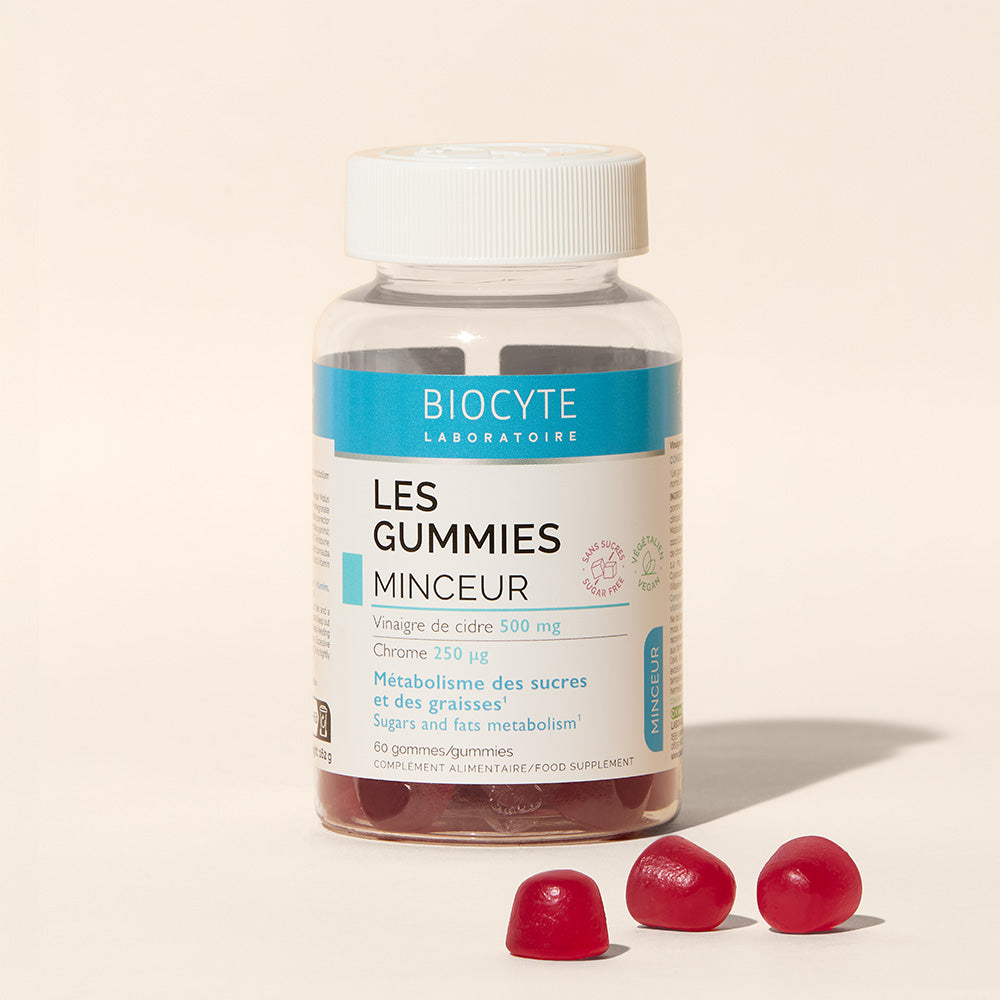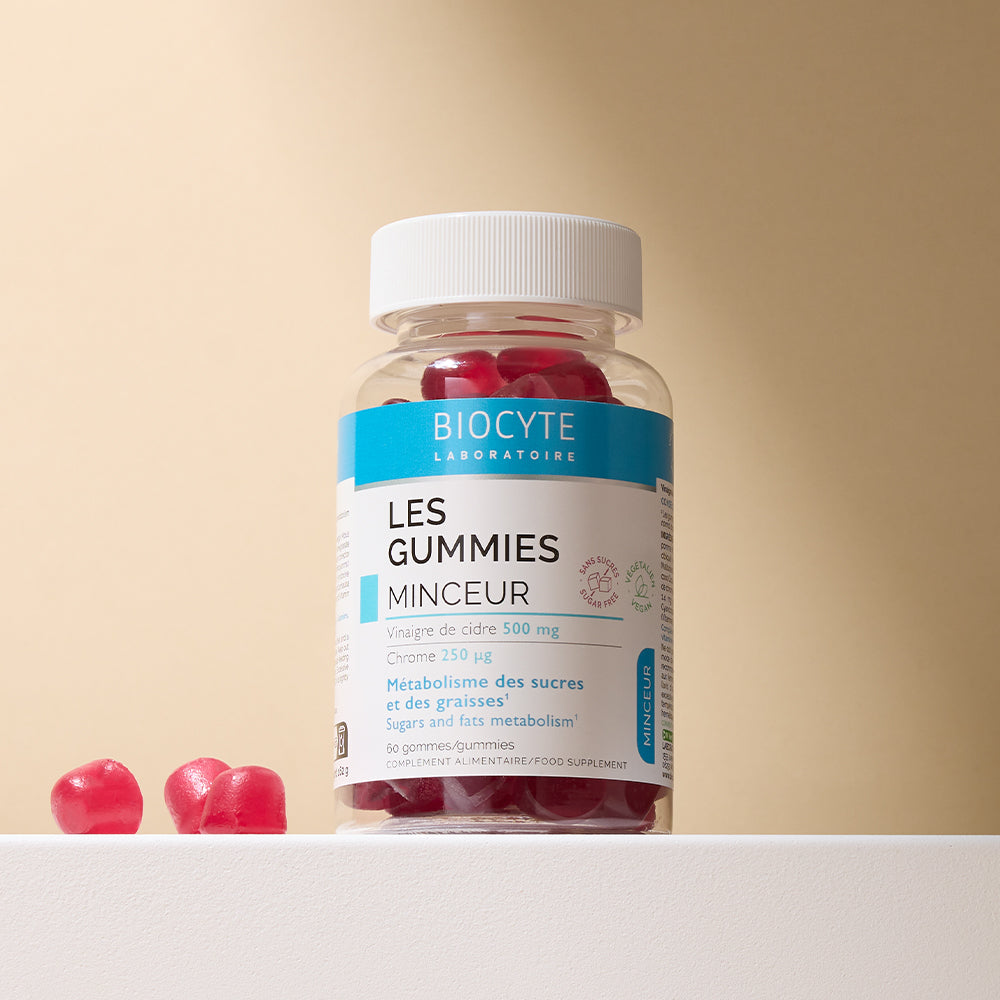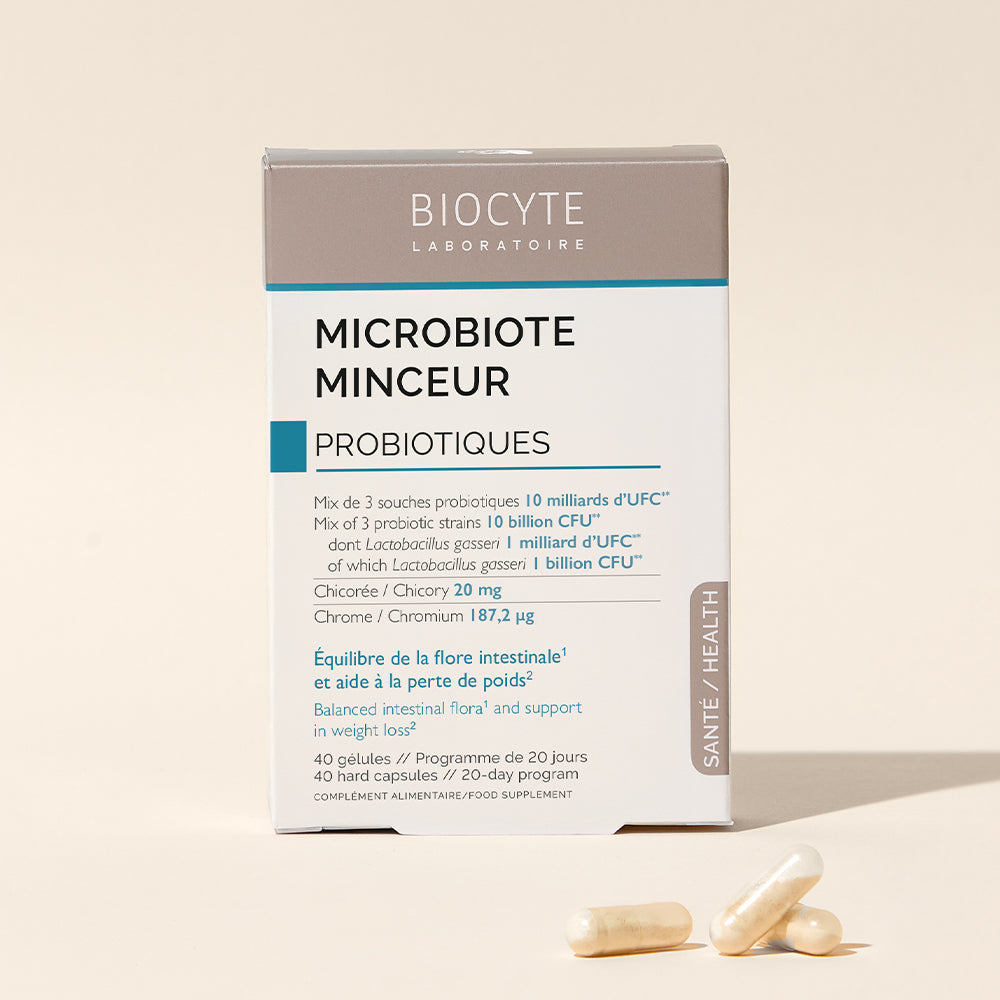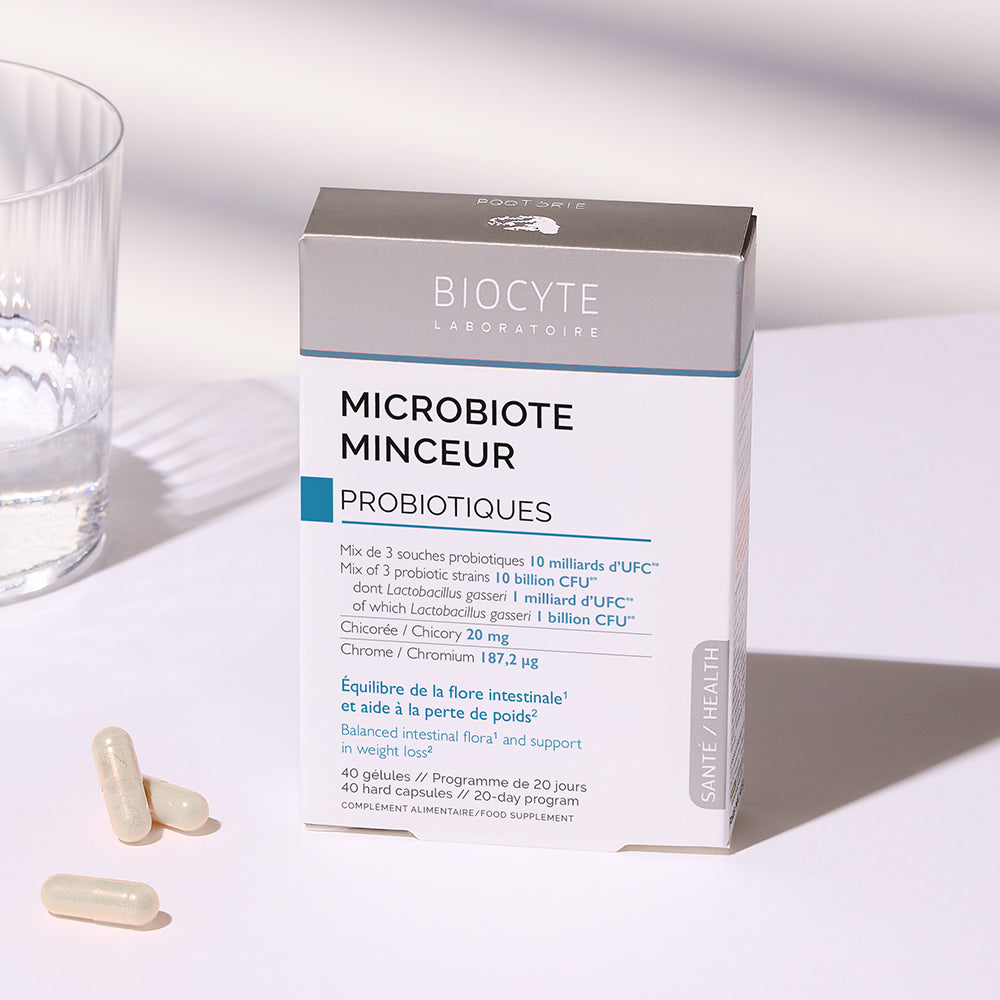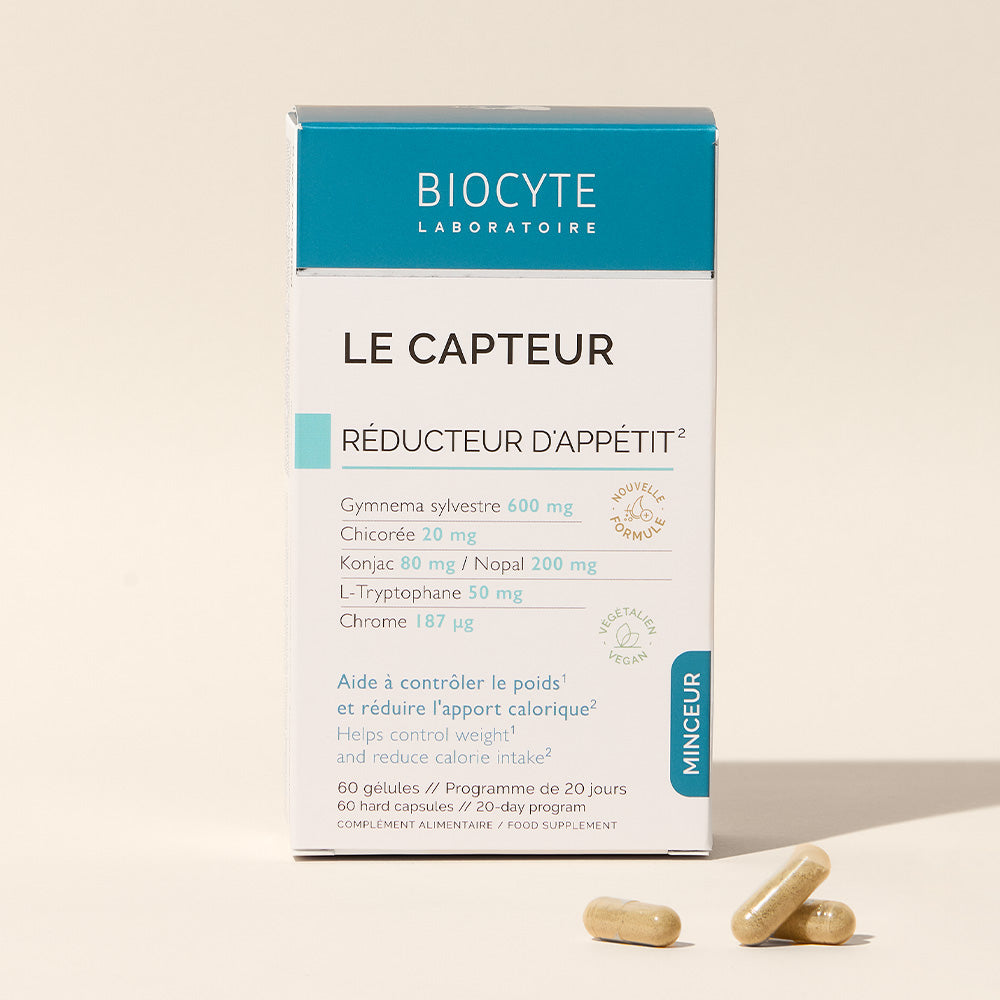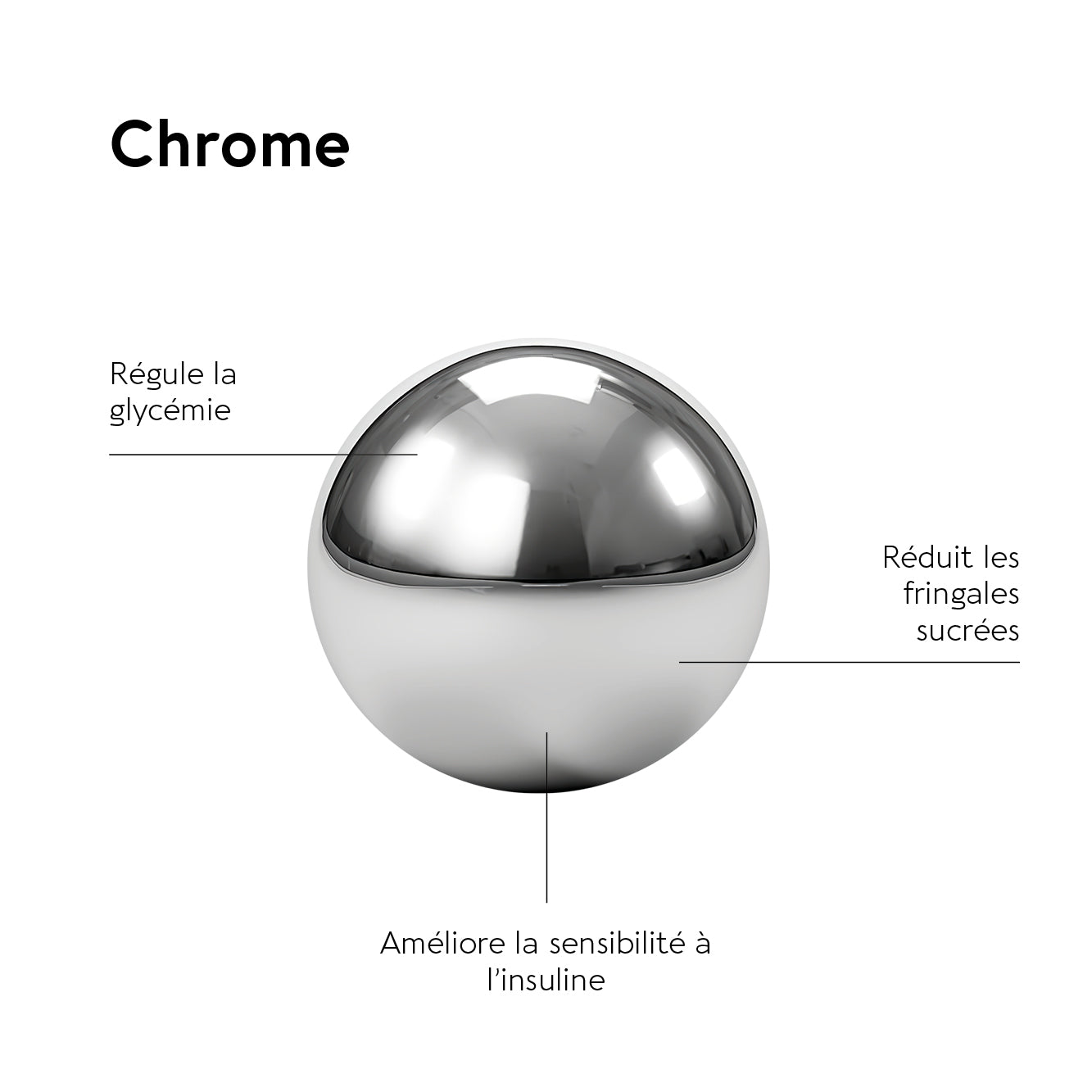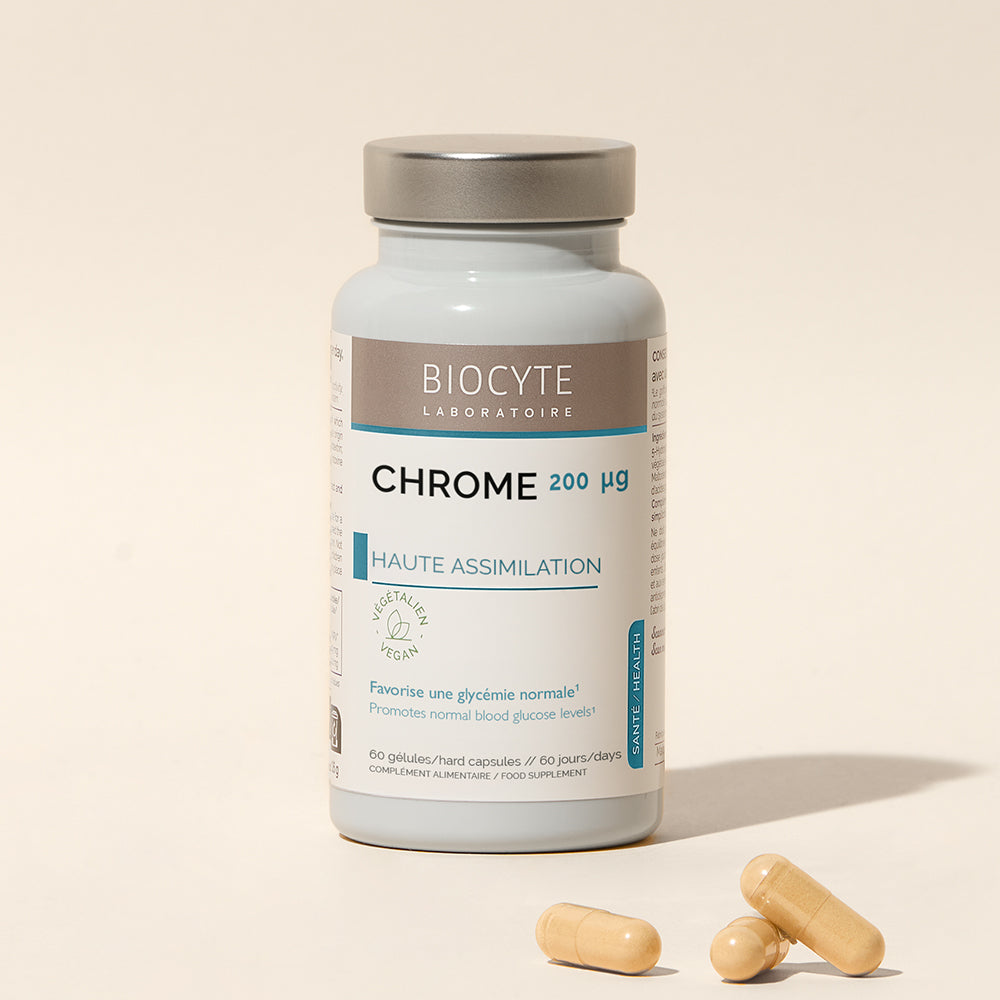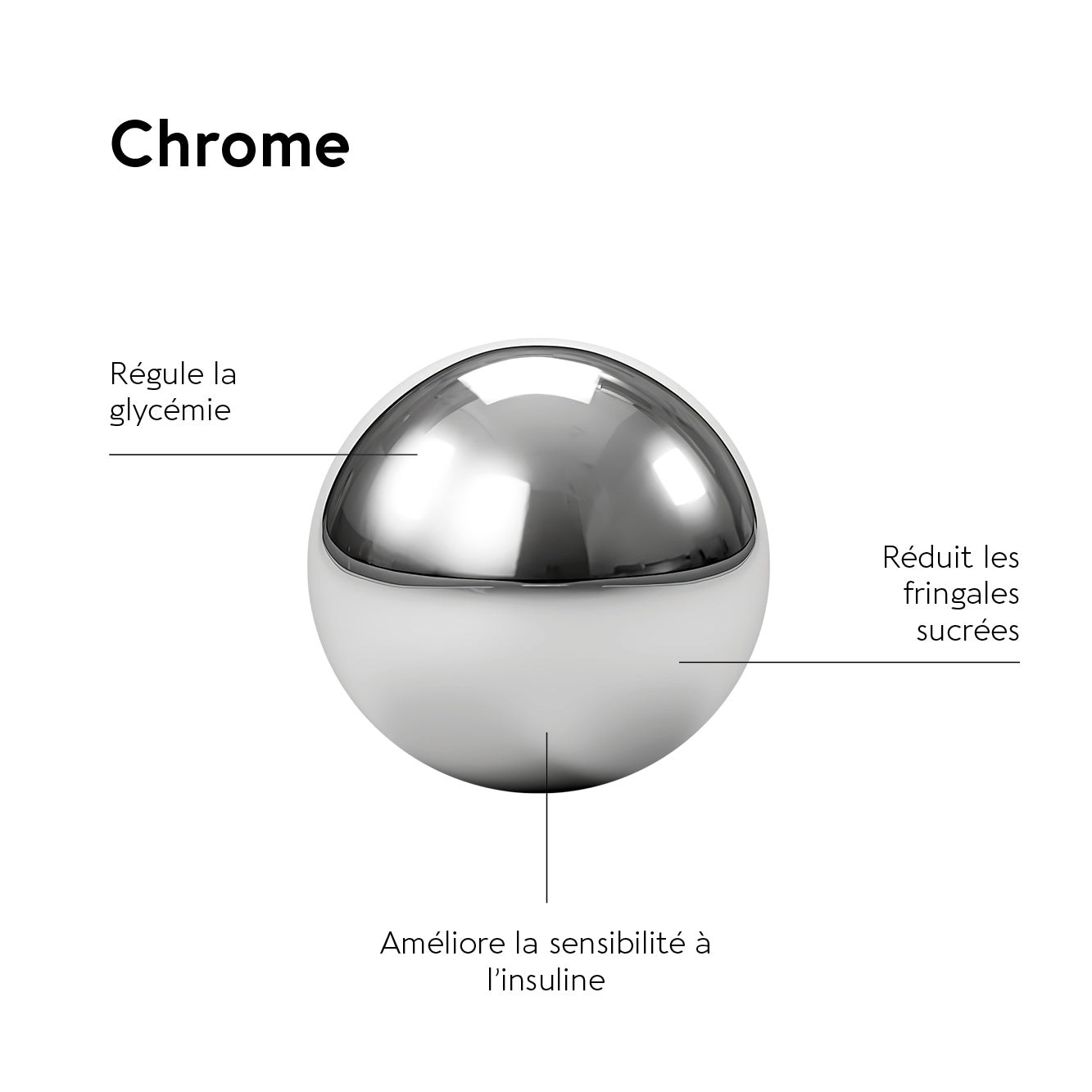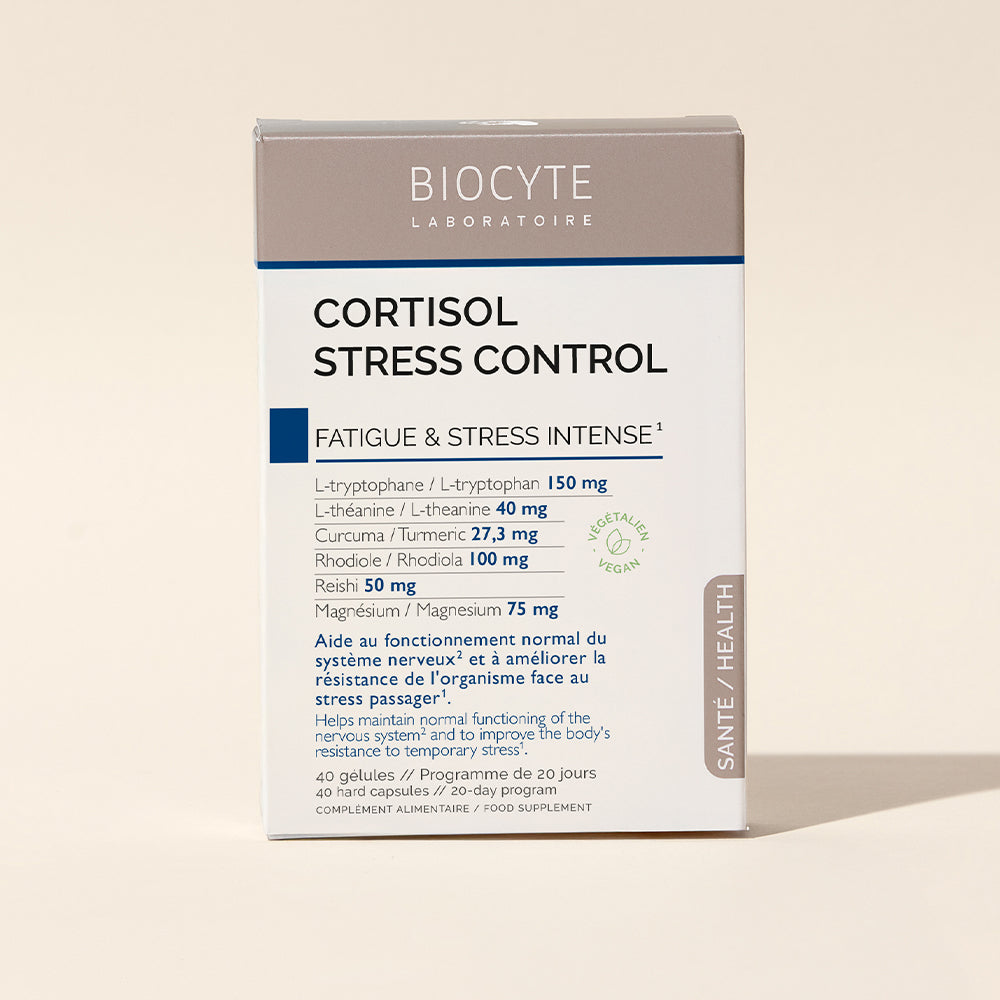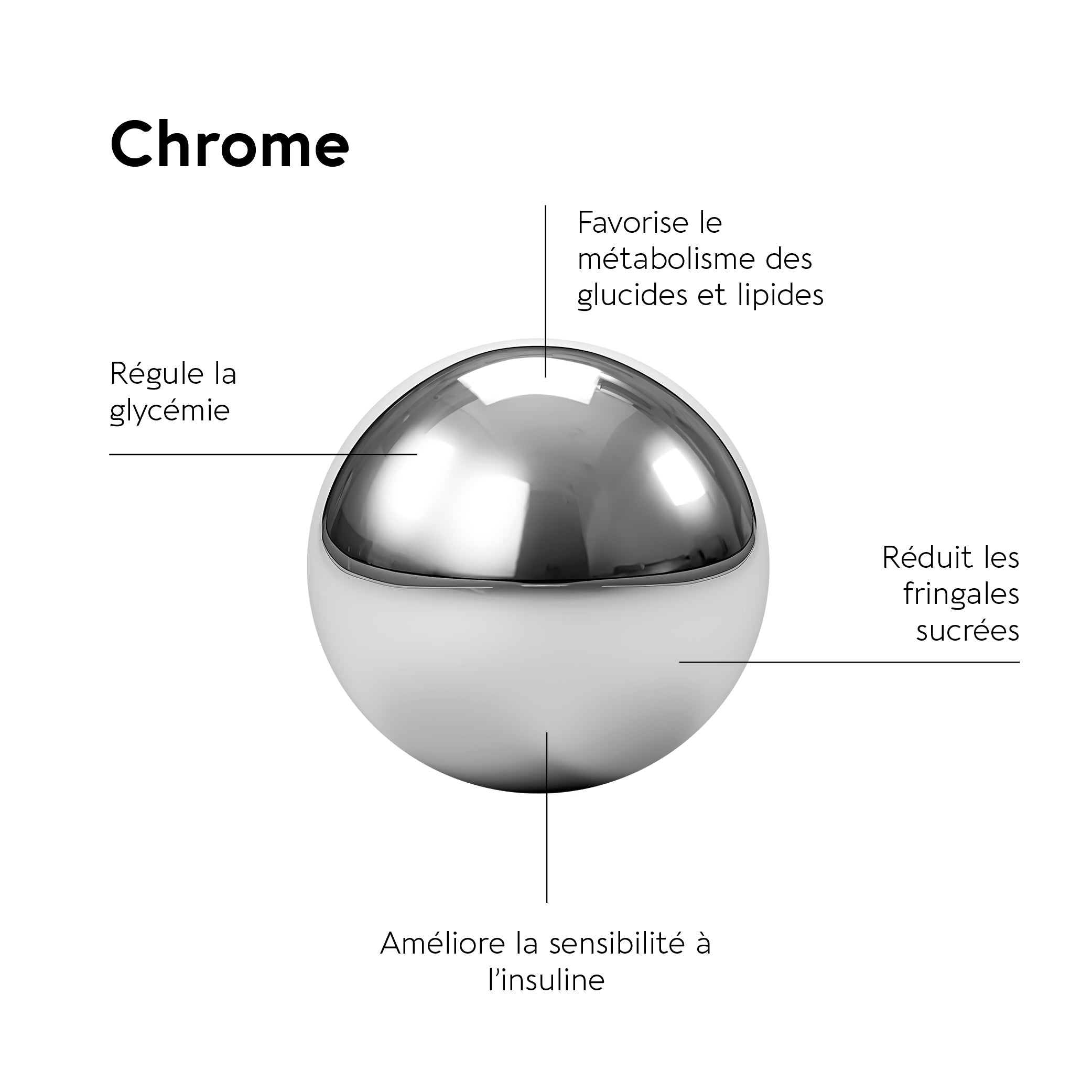What is chromium used for?
Chromium 3, also known as chromium picolinate, is a trace mineral found naturally in food. It plays an essential role in the body, particularly in regulating blood sugar levels. It facilitates the transport of insulin to its receptors and enhances its effectiveness. Since insulin is a key hormone in blood sugar regulation, chromium helps stabilize blood sugar levels after meals. Thanks to this effect, it is known for its action on carbohydrate and lipid metabolism.
In people with insulin resistance or moderate blood sugar imbalances, chromium may help limit blood sugar fluctuations. It also helps reduce cravings and fatigue associated with blood sugar spikes. These properties may be particularly useful as part of overall insulin sensitivity management.
The benefits of chromium in supplement form
When taken as a dietary supplement, chromium becomes a true ally in stabilizing blood sugar. This role is all the more valuable when diet becomes irregular or too rich in fast sugars. It supports glycemic balance while helping topromote lossweight. By regulating hunger and energy intake, it limits the deviations that can lead to aweight gain.
Chromium is also involved in thelipid metabolism, a determining factor in weight management and the prevention of cardiovascular disorders. These effects are part of a more global nutritional approach, in support of a healthy lifestyle. In its most assimilable form,chromium picolinate, it offers optimal bioavailability and excellent digestive tolerance.
When is the best time to take chromium?
Achromium deficiencymay appear in some people, especially when the diet is not very varied or too industrial. In this case, the use ofchromium supplementslike those in the Cr Chrome range from Biocyte is recommended. These capsules contain chromium, but also brewer's yeast, plant extracts and niacin. Each capsule provides a suitable quantity, expressed inµg of chromium, to meet daily needs. Thanks to the chromium it contains, this supplement helps maintain normal blood sugar levels and supports metabolic balance.
The treatment generally lasts for one month, at a rate of one capsule per day. It can be repeated as needed and under professional advice.
Where is chrome found?
Chromium is present in many foods, but in very small amounts. It is found in particular inwhole grains, THEgreen beans, THEpotatoes, THEseafood, calf or poultry liver, egg yolk and certain vegetables such as broccoli.wheat germis also a naturally occurring foodrich in chromium, often recommended to supplement daily intake.
However, dietary intake sometimes remains insufficient, especially in people with an unbalanced lifestyle or diet. This is why supplements such asMULTIVIT LIPOSOMALfrom the Biocyte laboratory can be an effective solution. They combine vitamins, minerals and chromium, to help the proper functioning ofimmune defensesand to themacronutrient metabolism. Thanks to theirchromium content, these supplements help to improve overall nutritional balance.
To complete your wellness routine, don't hesitate to discover thecurrent offersoffered by Biocyte, including innovative formulascontaining chromium.







